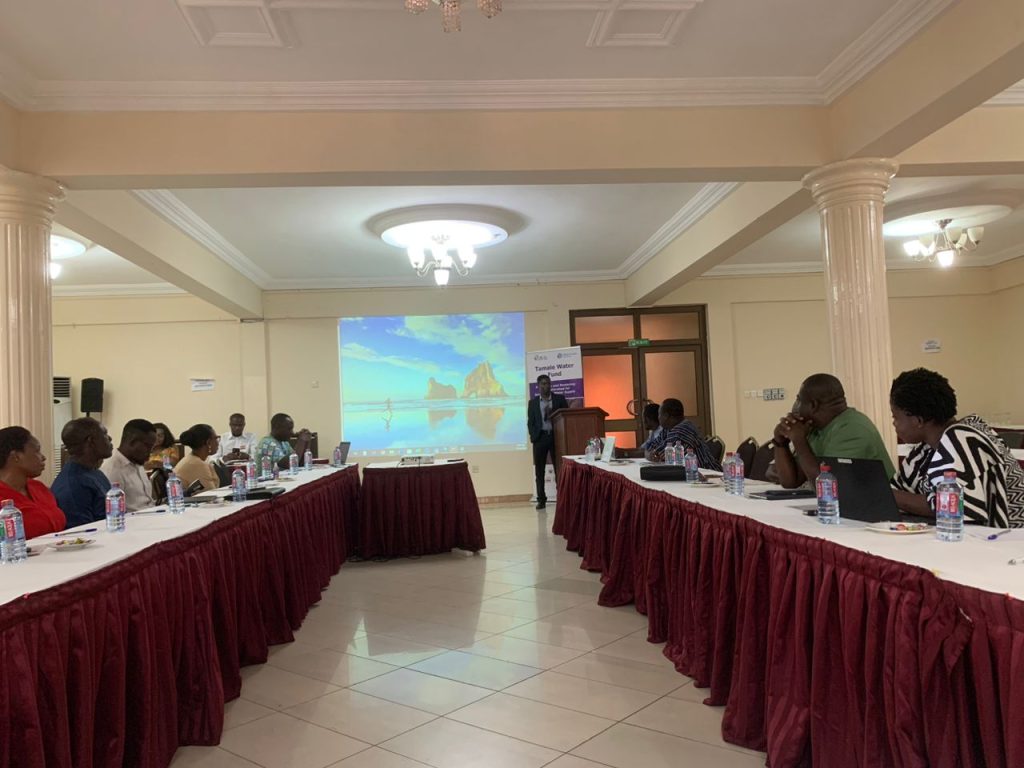By Stanley Senya
Accra, Nov. 25, GNA – The Catholic Relief Service (CRS) and Tamale Metropolitan Assembly in collaboration with the Resource Centre Network have come out with a CityWide Inclusive Plan to improve Water, Sanitation and Hygiene for Health (WASH) in the Tamale Metropolis.
At the National Learning Alliance Platform (NLLAP) workshop held in Accra, a session of MMDAs discussing, learning, and sharing ideas on the theme ‘Citywide Inclusive Planning for Sanitation Improvement in Ghana: Case of Greater Tamale’, the Citywide Inclusive Plan is aimed to ensure overall leadership by the assemblies in coordinating the operations of sanitation sector to attain safely managed sanitation in Tamale.
The plan, which has six thematic approaches, is to mobilize resources, manage waste, sensitize sanitation among institutions and to address water security in the region, the plan to avoid duplication of efforts by other stakeholders.
The plan provides a situational analysis of the WASH issues as well as propose carefully thought-out interventions to improve WASH in Tamale.
Mr Daniel Mumuni, Country Representative for the Catholic Relief Service (CRS), said it was imperative to achieve the Sustainable Development Goal (SDG) six, which local government authorities must take leadership in coordinating efforts of key stakeholders to implement solutions from a city-wide point of view, through an extensive planning, costing and collective action.
He said the plan would strengthen law enforcement within the Metropolis to avoid recalcitrant users of facilities and provide the necessary coordination, services and enforcing regulations for sustainable management of solid waste across the region.
He said together with UNICEF and the Tamale Metropolitan Assembly the Metropolis would be provided with Cesspool emptiers and Water tanker operators to ensure proper disposal of waste.
The plan will streamline activities of sanitation sector players from containment through transport to treatment and recycling, he said.
Mr Mumuni said, open defecation was also a major problem in Tamale, therefore, there would be sensitization among institutions, and improve WASH services among institutions like schools, hospitals, offices and at public durbars.
Addressing water security, he said the CRS would work with Ghana Water Company and Water Resource Commission to nature-base water solutions at water source points, and construct, rehabilitate and extend water facilities to communities.
He implored all stakeholders present to join the collective effort of the CRS to restore the Nawuni sub-catchment to secure water supply for Tamale and surrounding communities.
In his closing remarks, he hoped that all the presentation and sharing of innovative approach would engender sector-wide discourse that could serve as a key reference for institutions and stakeholders that are supporting duty bearers to deliver WASH services in the various districts in Ghana.

GNA